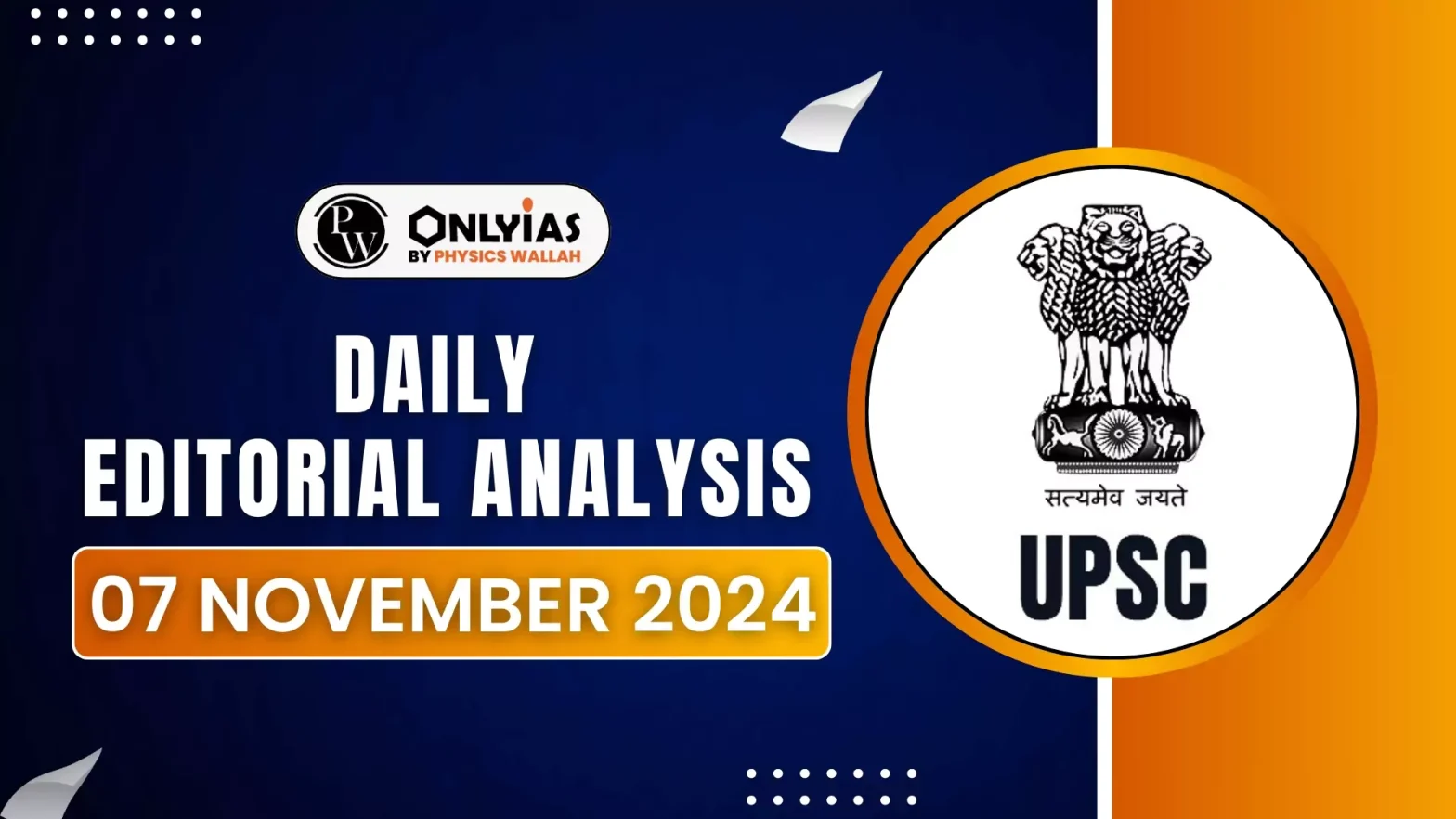The Supreme Court, led by Chief Justice D.Y. Chandrachud, overruled the Allahabad High Court’s March 22, 2024, verdict that declared the Uttar Pradesh Board of Madrasa Education Act, 2004, unconstitutional.
Background
- The case of Anjum Qadri and Anr vs Union of India & Ors. concerns the constitutionality of the Uttar Pradesh Madrasa Education Act, 2004, which regulates madrasas within the state.
- The Allahabad High Court previously ruled against the Act,
- The Government defended the Act as a regulatory measure, intended to ensure educational standards.
Enroll now for UPSC Online Classes
Arguments given by High Court
- Against Secularism: The court ruled that the Act breached secularism, requiring the state to remain neutral in religious matters and avoid favouring any religion.
- State funds, it emphasised, should not support religious education, as secularism is integral to the Constitution’s basic structure.
- Quality of Education: The court found madrasa education lacking in modern academic standards, focusing mainly on religious studies, violating Article 21A, which mandates secular education.
- The NCPCR also argued that madrasa education did not meet the standards required under the Right to Education.
- Public Funds: The court held that using public funds for religious education constitutes misuse of taxpayer money.
Supreme Court Verdict on UP Madarsa Act
1. Basic Structure Doctrine and Ordinary Laws:
- The Court clarified that the Basic Structure Doctrine, established in the Indira Nehru Gandhi (1975) case, applies only to constitutional amendments, not ordinary laws like the Madrasa Act.
- Chief Justice A.N. Ray cautioned that using this doctrine on statutes could effectively “rewrite the Constitution.”
- The Court emphasised that when assessing ordinary laws, courts should focus on legislative competence and compliance with fundamental rights, avoiding broad principles like democracy, federalism, or secularism to prevent legal uncertainty.
2. Positive Secularism:
- Citing S.R. Bommai (1994), the Supreme Court upheld secularism as a concept of equal treatment for all religions.
- It noted that Articles 25 to 30 reflect “positive secularism,” requiring the state to uphold religious tolerance.
- The Court highlighted that regulating madrasa education is a step toward safeguarding minority educational rights, while also ensuring the state remains religiously neutral.
|
Note: Understanding Secularism
|
Secularism can be of two types: negative secularism, which advocates strict separation of religion from the state (like in France), and positive secularism, which ensures equal opportunities and treatment for all religions, promoting inclusivity.
- As per SC, The UP Madarsa Act aligns with positive secularism, as it aims to provide equal educational opportunities to all religious communities.
|
3. Religious Autonomy and Equality
- The judgement affirmed that secularism is inherently linked to equality, and true equality requires the state to treat all citizens equally, irrespective of religion.
- It held that religious bodies, including madrasas, have a fundamental right to manage their affairs, protected under Article 30.
- However, state regulation is permissible as long as it does not undermine an institution’s minority character.
4. Article 26 and State Regulation of Minority Institutions
- The Court clarified that madrasas, as religious institutions, are entitled to protection under Article 26, allowing religious groups to establish and maintain institutions for religious and charitable purposes.
- While Article 21A mandates compulsory education for children, the Court noted that in Pramati Educational and Cultural Trust (2014), it was held that the RTE Act should not be applied to minority institutions in a way that could undermine their autonomy under Article 30.
Check Out UPSC NCERT Textbooks From PW Store
Conclusion
The Supreme Court’s decision in the UP Madarsa Act case was a reaffirmation of positive secularism and religious autonomy under the Indian Constitution.
![]() 7 Nov 2024
7 Nov 2024

